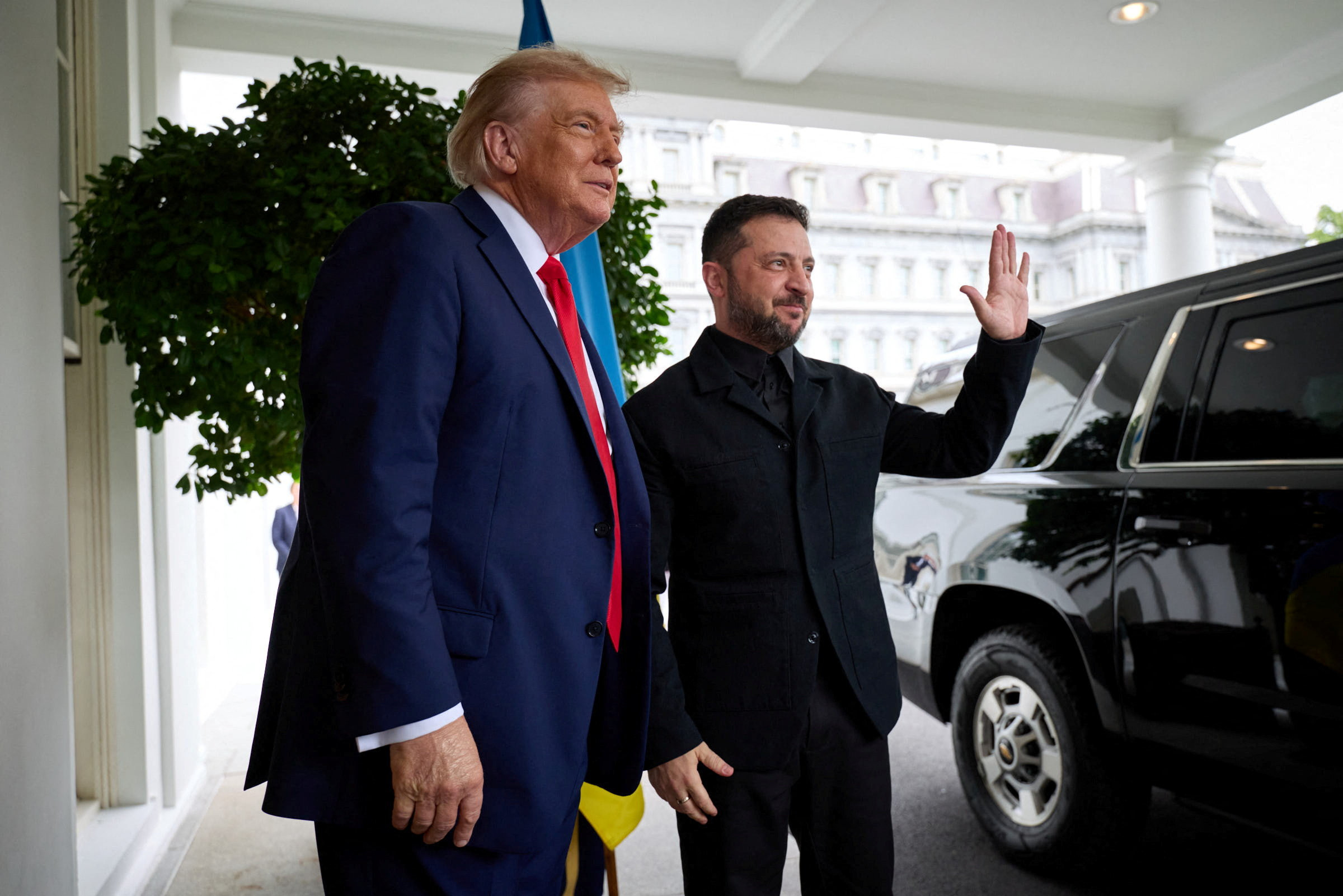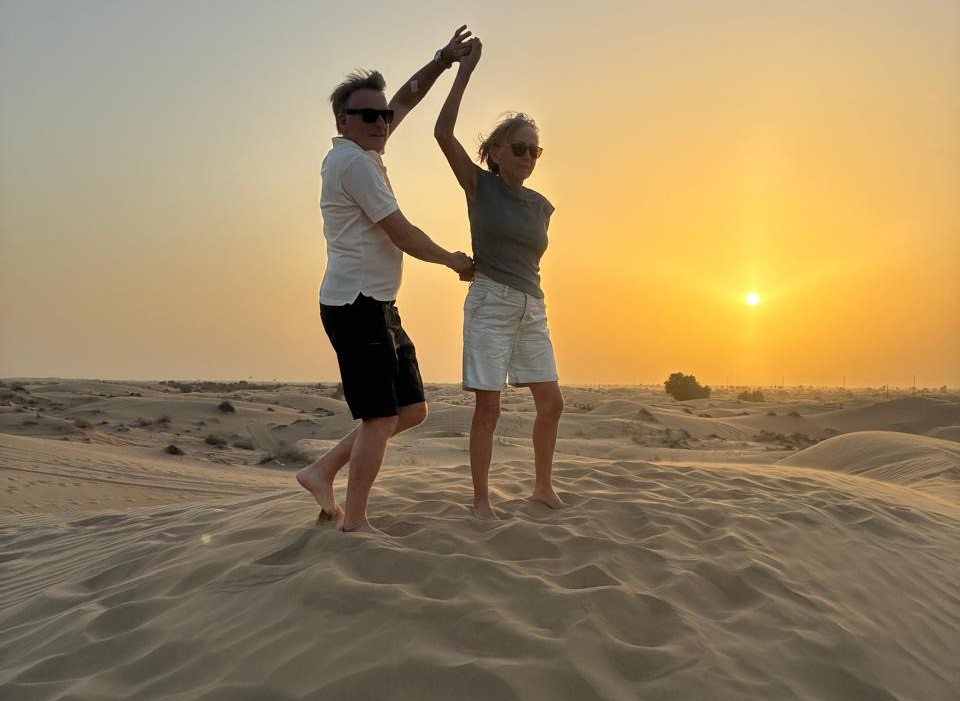What a relief that the land swaps, which US President Donald Trump had talked about before and after his meeting with President Vladimir Putin in Alaska as the way to end the Ukraine war, have been put aside, at least for now. It would not even have been land swaps – Russia was not offering any of its own territory in the swap – but just a case of rewarding the aggressor by allowing Putin to hold on to territory he had occupied as well as giving him Ukrainian territory his troops had failed to seize.
Former Tory leader Iain Duncan Smith wrote in a newspaper article that the Alaska summit “now looks a lot like the 1938 Munich agreement when Hitler was given the Sudeten Land and the fate of the Czechoslovakian state was signed away, with the Czech president present.” The visit of Ukraine president Volodymyr Zelenskiy, accompanied by the leaders of major European powers, of Nato and the EU, to Washington appears to have averted this from happening, Trump accepting that there could be no land-swap without the Ukraine president agreeing to it.
What was agreed in Washington was that there must be a meeting between Zelenskiy and Putin, which Trump undertook to arrange, saying that after this there would be a “trilateral, which would be the two presidents plus myself.” According to reports from Washington, Putin had signalled his readiness to meet Zelenskiy, one to one “within the next two weeks,” but this is hard to believe, given the Russian president never considered such a meeting worthy of his consideration. At least a bilateral meeting would take the pressure off Zelenskiy, who ran the risk of being accused of not wanting peace if he had failed to surrender Ukrainian land to Russia as part of the Trump-proposed land swap.
Equally important was Trump’s acceptance of the idea of security guarantees for Ukraine. When it comes to security, “there is going to be a lot of help” even if European countries need to be “a first line of defence, said Trump, after welcoming Zelenskiy to Washington. Later on Monday, in a social media post he spoke of the US acting as ‘coordinator’ while European countries would provide security assurances. It is difficult to see how Putin would consent to these security guarantees given that they would be provided by Nato member-states, with the US as ‘coordinator’.
All this talk may be premature as there has been no confirmation from Moscow that Putin would meet Zelenskiy, whom he refuses to see as an equal; he does not even recognise Ukraine as an independent nation. Trump said that any final deal would rest with talks between Putin and Zelenskiy, but although the latter has declared his readiness to attend such a meeting the former has not and it seems doubtful he will. Without the direct engagement of the leaders there can be no peace deal – Trump is right about that – but it is difficult to understand how he reached the conclusion that Putin is prepared for anything less than imposing his terms on Ukraine. And Zelenskiy could never agree to his country’s surrender.






Click here to change your cookie preferences